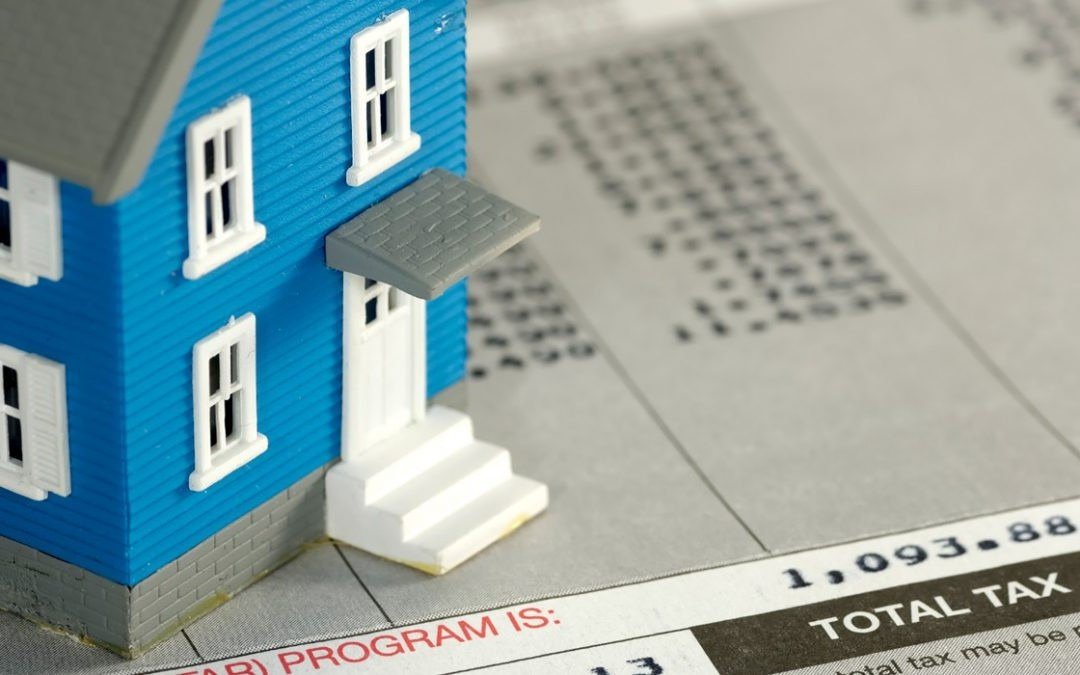OUR STORY
Quality, not quantity
We have made quality our habit. It’s not something that we just strive for – we live by this principle every day.

TAXES APPLICABLE TO REAL ESTATE PROPERTY TRANSACTION IN NIGERIA
Tax is a compulsory charge by the Government on the income of an individual, corporation, or trust, as well as the value of an estate or gift [1]. It can also be seen as a compulsory levy imposed by an organ of government for public purpose. Its main objective is to generate revenue to meet government expenditure. Taxes have the following features:
1. taxes should be paid in proportion to the citizen’s income and wealth;
2. taxes should be certain and not arbitrary;
3. taxes should be levied in a most convenient way;
4. the cost of imposing and collecting taxes should be minimal; and
5. taxes should be convenient and competitive internationally [2].
The main forms of taxation that real estate property transactions are subjected to are Capital Gains Tax, Stamp Duties, Personal Income Tax, Companies’ Income Tax and tenement rates. There are some other charges, though not classified as taxes which are paid in the process of property transfers. They are termed miscellaneous charges and they include ground rents, consent fees and registration fees.
Main Forms of Taxation
1. Capital Gains Tax: The regulating legislation on the tax is the Capital Gains Tax Act [3]. Capital Gains Tax are levies that are charged on the gains accruing on disposal of assets. The rate of capital gains tax is 10%, and the computation of the gain is the difference between the consideration accruing to any person on the disposal of assets and any sum to be excluded from that consideration or any expenditure allowable on the disposal [4].
2. Stamp Duties: Stamp duties are taxes imposed on and raised from stamps charged on instruments, parchments and other legal documents. It is the payment made on several instruments specified in the Stamp Duties Act [5]. Some of these instruments may include conveyances, leases, mortgage deeds and power of attorney.
3. Personal Income Tax: The Personal Income Tax Act in its preamble makes provision that personal income tax is an income tax imposed on individuals, communities and families and on executors and trustees and also for the assessment, collection and administration of tax. Notably, personal income tax is tax paid on profits of an income nature as opposed to profits arising on the disposal of a capital asset.
4. Tenement rates: Tenement rates are charges imposed on houses and buildings within a state. Section 88 of the Kaduna State Local Government (Administration) Law defines tenement as land with building on it which is held or occupied as a distinct or separate holding or tenancy or any wharf or pier but does not include land without building. The major ingredient of a tenement is the presence of buildings and also occupation of the building by persons.
Miscellaneous Charges
1. Ground Rents: This is usually charged by the Governor of the State for a grant of right of occupancy. Section 5 of the Land Act Use provides that it is lawful for the Governor to demand rental for such land granted to any person and he also has the power to revise it.
2. Consent Fees: Consent fees are often deemed in practice in some states as a requirement for the grant of the consent of the Governor for alienation of property subject to a right of occupancy under Section 22 of the Land Use Act. Notably, the Land Use Act does not make it compulsory to pay consent fee, it is deemed an administrative act of the Governor or his agent, but many state demand it as a matter of practice [6].
3. Registration Fees: This is required to be paid under the various land instrument registration laws of the states. The Registrar has the right to refuse registration of a document until the appropriate fees are paid. The documents for which fees are payable before registration include deeds, leases, subleases, mortgages, gift, assignments and transfers.
On a general note, Value Added Tax is required by the Value Added Tax Act No. 102, 1993 and the Value Added Tax (Amendment) Act, 2007. Section 2 of the VAT Act provides that the tax shall be charged and paid on the supply of all taxable goods and services, other than ones not listed in the schedule of the Act [7]. In relation to real estate, VAT is chargeable at the rate of the 5% on the value of goods and services supplied or provided by a vatable person which is applicable to persons dealing in real property for the purpose of stating income by way of trade or business[8].
References
[1] Morse, G. and Williams, G. Davies. Principles of Tax Law, 2004. London. Sweet and Maxwell.
[2] Y.Y Dadem. Property Law Practice in Nigeria. 4th Edition. Jos University Press Limited.
[3] Capital Gains Tax Act Cap C1 Laws of the Federation of Nigeria, 2010.
[4] Section 11 of the Capital Gains Tax Act
[5] Sections 2 and 23 of Stamp Duties Act Cap. S8 Laws of the Federation of Nigeria 2004.
[6] Y.Y Dadem. Property Law Practice in Nigeria. 4th Edition. Jos University Press Limited. [7] Ibid. [8] Section 3 of the Value Added Tax (Amendment) Act, 2007.

